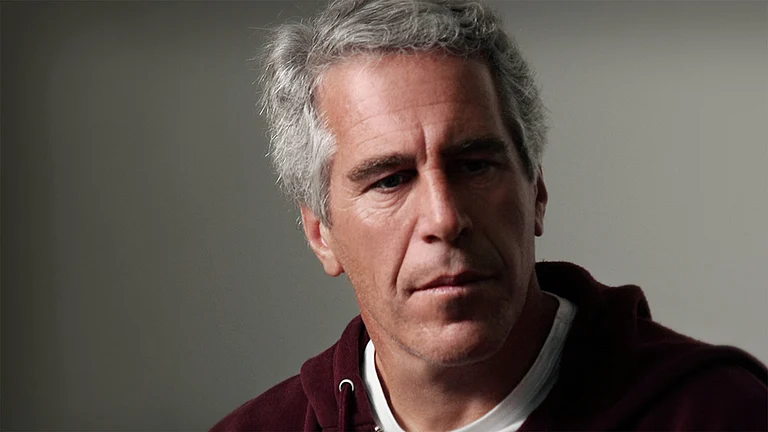US Secretary of State Colin Powell: The two sides have to settle that and there needs to be a dialogue between Pakistan and India. To the extent the US can be helpful in fostering their dialogue, fine. But we cannot become the mediator, the arbitor, or the intermediary between them.
Interestingly, during the Vajpayee-Bush conversation, China came up as a talking point. Bush said the days were over when US presidents went all the way to Asia and didn't bother visiting Japan, Korea and India. He remarked, in a lighter vein, that his recent trip to Shanghai had left him no wiser about the Chinese. It was at this point that the Indian side asked how the US could have space cooperation with China, but not with India. Bush, diplomats say, is comfortable in engaging with India in ways previous presidents hadn't. The "free-wheeling" sharing of views on the Anti-Ballistic Missile Treaty and on Russia, Afghanistan and China showed that a welcome comfort factor has crept into the political relationship.
The joint statement released during the trip says that "India's interest in purchasing arms from the US would be discussed at the Defence Policy Group meetings in December 2001". Sources say an initial wishlist of such arms was in fact discussed during this trip, adding that in the 10 months of the Bush administration, the maximum progress has been in defence cooperation. When foreign minister Jaswant Singh was wearing the hat of defence minister, US defence secretary Donald Rumsfeld had written to him emphasising that the two countries should have long-term military-to-military cooperation. As a sign of this, prior to Vajpayee's Washington trip, the US had made specific requests relating to Operation Enduring Freedom. India didn't reject them.
One notable outcome of the visit is the decision to separate the energy sector from environment in any future discussions. This is expected to significantly widen the scope and mandate on both the subjects, and also develop a regulatory framework for commercial projects in India in the power sector, including in hydrocarbon, non-conventional power, third-country projects, and particularly in energy security.
The US also agreed to resume three safety-related projects involving technical information exchanges on emergency procedures with respect to ageing reactors that are already under full-scope IAEA safeguards.
Diplomats who followed Musharraf's political journey to New York find it bereft of similar content. They point out that all he got out of the trip was a billion-dollar loan, part of which had already been announced by US State Department spokesman Richard Boucher on October 29. Musharraf did not get any public assurances on F-16s and he was probably also lectured on the need to restore democracy. This is clear from the joint statement of the Bush-Musharraf meet: "Both underscored the importance of Pakistan to have a successful transition to democracy in 2002." In other words, the PR victory may have been Pakistan's, but India managed to get the concessions earlier US administrations were reluctant to provide.

























